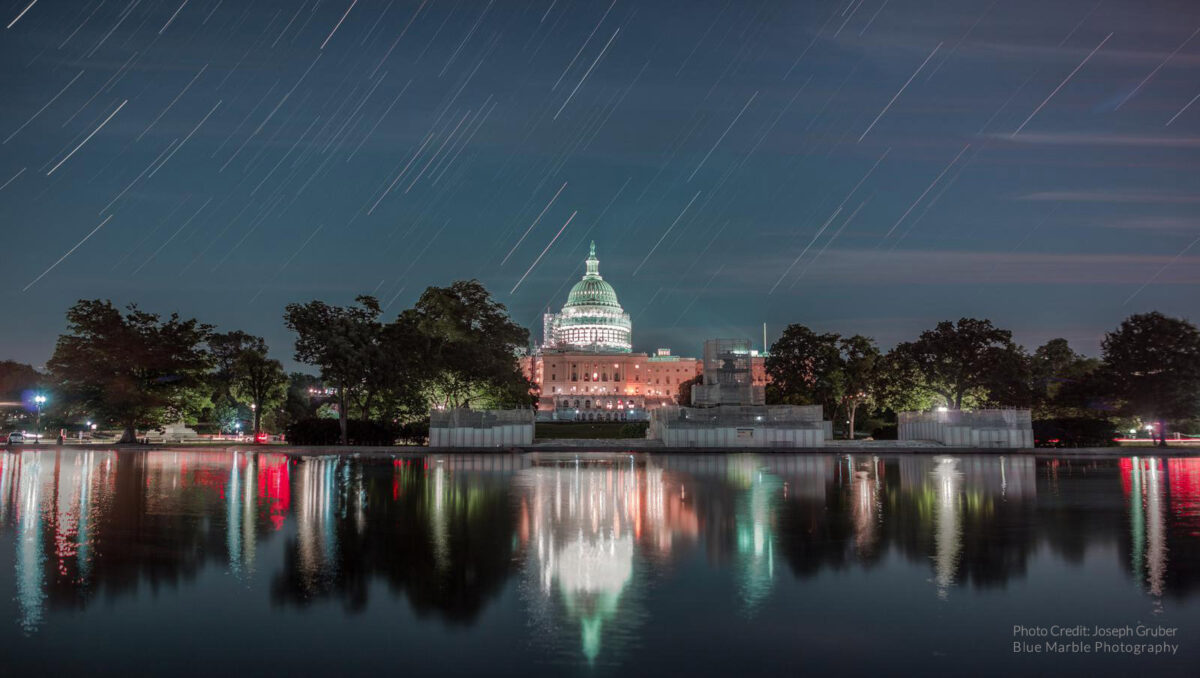The Space Advocate • Jul 14, 2021
The Space Advocate Newsletter, July 2021
From the Chief Advocate

On Sunday, Virgin Galactic's SpaceShipTwo tore through the upper atmosphere, taking billionaire Richard Branson and 5 others to the edge of space. While not the first billionaire in space (that title belongs to Dennis Tito, who visited the ISS in 2001), Branson is the first one to ride to space in a commercial spacecraft developed by a company he founded.
The auspicious timing of this flight—announced after Jeff Bezos chose July 20th for his flight on Blue Origin's New Shepard rocket—inevitably fed the "billionaire space race" narrative, or, perhaps more bluntly, a "rocket-measuring" contest between some of the world's richest men.
This is an inevitable consequence of democratizing access to space; no longer is this a realm of stately national symbolism. By definition, increasing the number of participants will bring a wider range of motivations, personalities, and egos. The very nature of spaceflight is changing: less elevated, more corporate, perhaps less meaningful.
For those of us who grew up in the era of state-sponsored spaceflight, this can feel jarring. But it's a change we should embrace. I was thrilled watching the flight of Unity 22—not so much for Branson as for his non-billionaire crew members who earned their astronaut wings and fulfilled lifelong dreams that day. I will be thrilled to watch Bezos and his crew, including "Mercury 13" pilot Wally Funk, launch later this month. These aren't one-off stunts. They are the markers of permanent change.
The talk about elitism regarding only the wealthy being able to afford tickets? In history, fewer than 600 people have flown into space. As of 2020, there are more than 3,000 billionaires in the world. Which path to space is more accessible?
I say that partly in jest, but this much is earnest: the dream of space as envisioned by Virgin, Blue, and many others is nearly a reality. No longer will you need multiple Ph.D.s and perfect health to even hope to glimpse the Earth from above. As prices fall and expertise increases, more and more people will see our planet as a shimmering blue against the sterile void of space. And, perhaps, they will be transformed.
What is not to celebrate?
Until next month,
Casey Dreier
Chief Advocate
The Planetary Society
Space Policy Highlights

Branson Flies to the Edge of Space on SpaceShipTwo (spacenews.com) "Virgin Galactic founder Richard Branson and five other people flew to the edge of space on the company’s SpaceShipTwo suborbital vehicle July 11, the culmination of an effort that started nearly 17 years ago."

Space Billionaires, Please Read the Room (theatlantic.com) "Leaving Earth right now isn’t just bad optics; it’s almost a scene out of a twisted B-list thriller: The world is drowning and scorching, and two of the wealthiest men decide to ... race in their private rocket ships to see who can get to space a few days before the other. If this were a movie, these men would be Gordon Gekko and Hal 9000—both venerated and hated. Maybe, I don’t know, delay the missions a bit until people around the world are no longer desperately waiting for vaccines to save them from a deadly virus."
For a more positive perspective, read this editorial by the Los Angeles Times.

Lunar Exploration as a Service: From landers to spacesuits, NASA is renting rather than owning (spacenews.com) "The Human Landing System may be the biggest example of NASA buying services to support the Artemis program, but it is not the only one. Even as some cornerstones of Artemis move forward under conventional contracts where NASA owns and operates the hardware, it’s making greater use of service contracts to acquire the other things it needs to explore the moon, from landers and communications to even the spacesuits the astronauts will wear on their moonwalks."

Asteroid Hunting Space Telescope Finally Gets a Break (spacepolicyonline.com) "NASA’s Near Earth Object (NEO) Surveyor is finally getting a break. A decade in the planning, the asteroid-hunting space telescope was just approved to move into preliminary design and NASA’s FY2022 budget request includes enough money to pay for it. Now it is up to Congress"
This is a big deal. If you live in the U.S., The Planetary Society has made it easy to write your member of Congress in support of the NEO Surveyor mission.
Planetary Radio: Space Policy Edition

The Pentagon's UFO Report, Featuring Sarah Scoles
The Pentagon finally released its hotly-anticipated briefing on Unidentified Aerial Phenomena. As expected, it provided little new information, saying only that there were a number of unexplainable observations. Sarah Scoles, author of the book, They Are Already Here, that examines the culture and motivations behind ufology, joins the show to provide critical context. Why did it come about? What are the motivations of the people who pushed for its release? And how should we approach extraordinary claims with little information?


 Explore Worlds
Explore Worlds Find Life
Find Life Defend Earth
Defend Earth

